2021 Edition
Activity areas
Elevator Forum
-
ELEVATOR FORUM
Presentation of unique and cutting edge projects, success stories, ideas and initiatives to make the future of museums and cities more friendly, smarter and more sustainable.
-
09:45 - 11:00 Consejería de Cultura y Patrimonio Histórico de la Junta de Andalucía
Moderator: Luz Pérez Iriarte, Technical Advisor, Museum Service
Digital Transformation, Museo de Huelva
- Elena Aguilera, Director, Museo de Huelva
The Museo de Almería's digital strategy for a new relationship between users and collections
- Carlos Javier Fernández, Director, Museo de Almería
The Museums and Ensembles Web Portal and its social function
- Rocío Ortiz, Head of the Department of Dissemination, Research and Dissemination Service, Directorate General of Historical and Documentary Heritage, Seville
Institutional and Organisational Information: electronic access points of the museums and sites managed by the Ministry of Culture and Historical Heritage
- Joaquín Vázquez, Head of the Information and Dissemination Service, Viceconsejería
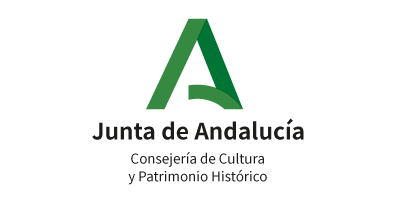
Facing new challenges and bringing cultural heritage closer to users is a task that requires constant learning and adaptation. We live in times of very rapid change, with the implementation of increasingly powerful, fast and effective tools.
A museum/assemblage - as defined by ICOM - is "a non-profit, permanent institution at the service of society and its development, open to the public, which acquires, conserves, researches, communicates and exhibits the tangible and intangible heritage of humanity and its environment for the purposes of education, study and recreation".
The museum community is currently considering a new definition of the concept of museums as democratising and inclusive spaces.
The key words are AT THE SERVICE OF SOCIETY, OPENNESS.
Our functions are CONSERVATION, RESEARCH, COMMUNICATION and EXHIBITION.
and our aims are EDUCATION, STUDY AND RECREATION.
Our mission is to bring our cultural heritage closer to the public. We are aware that knowing our heritage is the way to value it and the way to be proactive in its conservation as a task for all citizens.
In this Elevator we are going to show you the work we are doing in museums to carry out our functions and aims using the tools that technology makes available to us.
What defines a museum is its collection. Inventorying and cataloguing our collections is the way to know our heritage. The Museo de Huelva is immersed in this task.
The new communication tools help us to reach more and more audiences and places. The Museo de Almería will tell us about its experience in this regard.
We have a tool that hosts all the websites of museums and cultural centres, the portal www.museosdeandalucia.es. We will analyse its social function.
And to close this Elevator, it is important to give a unified and institutional image that identifies us as institutions managed by the Junta de Andalucía. We want to give a unified image of our institutions so that we are seen as a group.
11:05 - 11:20 Everpaths : Enrich the visits to your cultural space. Case Espacios Junta
- Manuel García Mora, General Director, ITSOFT, Sevilla
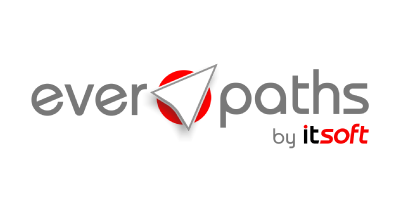
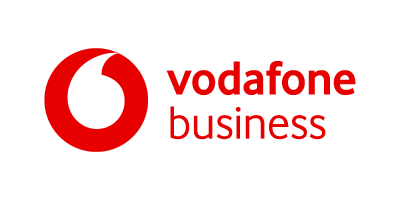
We will present the Everpaths platform for indoor location and guidance with multimedia content and augmented reality, which thanks to the collaboration with Vodafone Spain, has recently been adopted by the Government of Andalucia for the Espacios Junta project. The case studies of the Museum of Fine Arts of Seville and the Archaeological Site of Italica will be described.
11:25 - 11:40 Generation 27 Cultural Centre: reading the past, creating the future
- José Antonio Mesa Toré, Director , Centro Cultural Generación del 27, Málaga
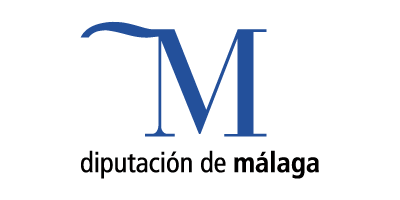
11:45 - 12:00 The Virtual Library of the Province of Malaga: a project for the dissemination of Malaga's bibliographic heritage
- Mª Antonia Olea Leal, Director, Biblioteca Cánovas del Castillo, Diputación Provincial de Málaga
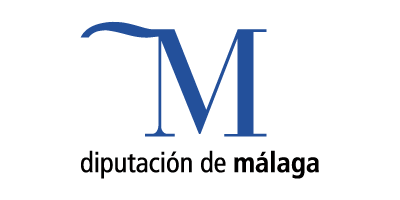
Creation and development of the Virtual Library of the Province of Malaga, a project set up and supported by the Cánovas del Castillo Library of the Malaga Provincial Council, with the aim of bringing together, preserving and disseminating via the Internet the digital collections of Malaga's bibliographic heritage, not subject to copyright, which are kept in different institutions in the province of Malaga.
12:00 - 13:00 Opening CM Málaga
13:15 - 13:30 Caramel Tower. The awakening of the Picasso child
- Lanzada Calatayud, Manager, Consorcio de Turismo de A Coruña
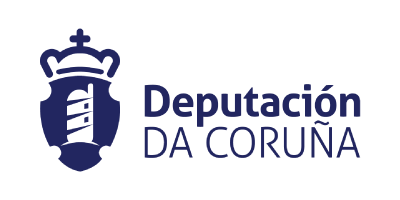
Implementation of the Picasso route to highlight the value of his time, experiences and inspiration in the city of A Coruña, fundamental for his artistic development.
A route that refers to eight points in the city intimately linked to the life and work of the boy Picasso. This project, recently inaugurated, is based on intelligent identification plaques that allow through audio guides that relate his life in first person. It is also complemented by a trilingual information leaflet with QR codes.
13:35 - 13:50 TAG MUSEUM®. The game of the museum and its cultural management where you are the protagonist
- Ana Tirado de la Chica, Professor at the Universidad of Jaén. Author of TAG MUSEUM®, Jaén
TAG MUSEUM® is a card game about museums and their cultural management, aimed at young people and adults (+16 years old), where You are the protagonist: Explore museums beyond their collection, according to what museums of the 21st century have, what you can do in them today and how they work, and Become a cultural manager, creating Your most original events and cultural projects for inside (and outside) museums. TAG MUSEUM® has been successfully on sale since December 2019. It is a product of the University of Jaén, according to the original idea of Professor Ana Tirado-de la Chica and with graphic design by Emóleo Diseño y Comunicación. Its innovation and quality are accredited by ICOFOM of ICOM, whose logo it bears. We are currently looking for ICT teams and investors to develop the TAG MUSEUM® digital App.
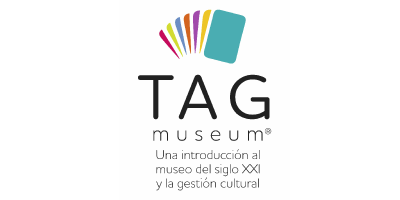
13:55 - 14:10 Editorialized 360/VR Experiences for Exhibitions and Museums
- Joergen Geerds, CEO and Co founder, Koncept VR, NYC
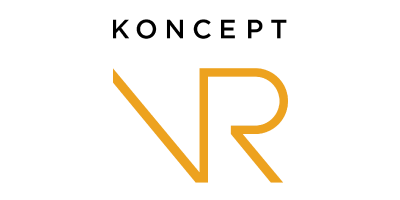
14:15 - 14:30 Album 7. Picasso and the digital humanities
- Pablo Rodríguez, Research Support Technician, Department of History of Art, Universidad de Malaga - UMA
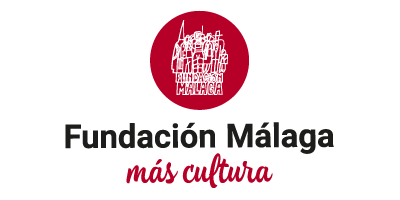
The purpose and rationale of the "Picasso Chair" is to promote and materialise the systematic and specialised study of the life and work of Pablo Picasso. In this phase of action, the objective of the Picasso Chair will be the implementation of studies on Picasso in the system of the Digital Humanities. The aim is to promote and systematise, through a "specific case", a new epistemological paradigm that will reveal new ways of knowing Picasso's production, which will have far-reaching effects on the understanding of his cultural identity and on the final identity of the founding moment of modern art.
The CPFM constitutes a broad research framework, structured along three fundamental lines: (1) the computational analysis of the drawings in Album 7, (2) the development of PicassoData07 (using chronography and diagrammatic techniques, a complex spatio-temporal sequence is articulated, in which data based on biographical and critical narratives are placed) and (3) the creation of the BibliotecaA7 (systematic corpus of scientific studies, translated into digital format, semantically analysed and implemented in databases).
14:30 - 15:45 Working Lunch
15:50 - 16:00 Pathfinder. A system for generating knowledge about the art exhibition ecosystem
Sponsored by:
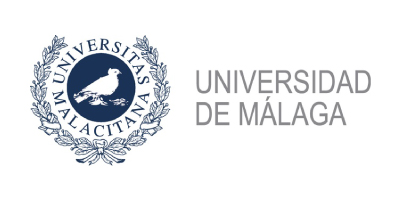
- María Ortiz, Researcher, Universidad de Malaga - UMA
Pathfinder is a knowledge system developed by the iArtHis_LAb research group in the framework of the Andalex project, funded by the Centro de Estudios Andaluces of the Junta de Andalucía. Implemented with a range of analytical tools (descriptive statistics, network analysis, relevance algorithms, mapping and geospatial analysis, etc.), Pathfinder allows advanced analysis of the data on art exhibitions collected in Expofinder, also developed ad hoc by iArtHis_Lab with funding from the FBBVA Foundation, for the generation of strategic knowledge. In addition, Pathfinder allows the download of all datasets in various standard formats so that they can be reused by cultural sector actors interested in the exhibition field.
16:05 - 16:15 Corpus linguistics at the service of the analysis of translated museum texts: the case of MUSA21
Sponsored by:
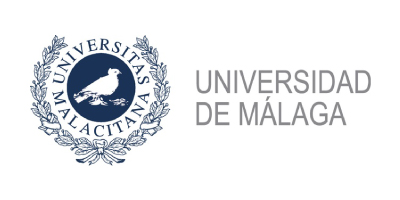
- Jorge Leiva, Professor, Department of Translation and Interpreting, Universidad de Málaga - UMA
The MUSA21 text corpus, which contains translated texts (English-Spanish) from museums and art centres in the United States, will be presented. At present, the corpus is composed of more than 800 records (originals in English and their corresponding translations into Spanish translations) from 60 museums across the country, amounting to nearly two million words in each of the sub-corpora. The main applications that the corpus can offer, such as translation assistance, translation quality control and glossary development, will be discussed.
16:20 - 16:30 The Museo Andaluz de la Educación and the dissemination of historical and educational heritage
Sponsored by:
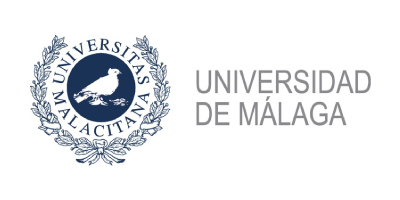
- Carmen Sanchindrian, Professor, History of Education, Universidad de Málaga - UMA
- Manuel López, Manager, Museo Andaluz de la Educación, Alhaurín de la Torre
The Museo Andaluz de la Educación, MAE, in Alhaurín de la Torre, is a successful case of digital transformation (online visits and numerous sections open to participation) while maintaining its face-to-face activities. In addition to its permanent exhibition, it organises other temporary and travelling exhibitions, as well as cycles of conferences and documentaries, acting as a cultural dynamiser, which makes it a space of great interest and profitability for both the general public and specialists. Its relations with other provincial and national institutions enrich its activities and allow them to be widely disseminated. https://www.museoandaluzdelaeducacion.es/
16:35 - 16:50 Based on true events
Sponsored by:
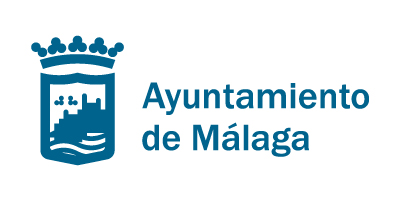
- David Burbano, Director, LCAMálaga
- Roy Laguna, Artistic Director, LCAMálaga
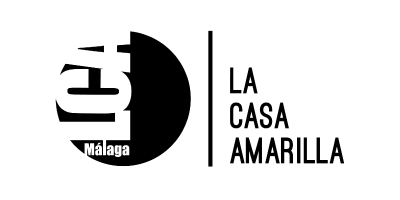
When nobody believes in you is when you should trust your project the most. Brief description of LCAmálaga in the last 5 years, and the importance of the artists of La Casa Amarilla Málaga.
16:55 - 17:10 Museum Jorge Rando, a museum with the soul of a painter
Sponsored by: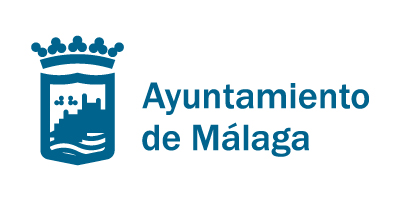
- Vanesa Díez, Artistic Director, Málaga
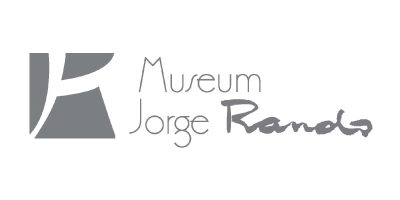
Let us flood the world with painting, sculpture, music, poetry... Let us flood all our cities with art; and let culture and human values prevail over everything else. Excerpt from Manifesto Contemporary Testament of the Arts by Jorge Rando (2016).
Just a few sentences condense the mission of this museum conceived as a space for reflection and thought to push us to be artisans of our identity and invite us to create community; a museum as an emotional and intellectual challenge; as a loudspeaker to fight and vindicate humanist values and make injustice visible; as an open environment that promotes freedom, purity and creativity; as an agora in which to build citizenship. Because a museum does not have legitimacy on its own; that legitimacy has to be given to it by society.
17:15 - 17:30 Telmo Dice: the Malaga design festival
Sponsored by:
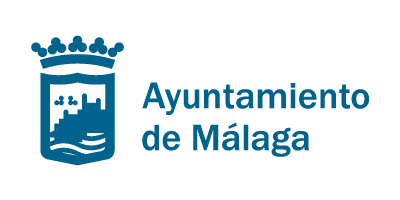
- Alfonso Simón Montiel, Socio fundador, Telmodice, Málaga
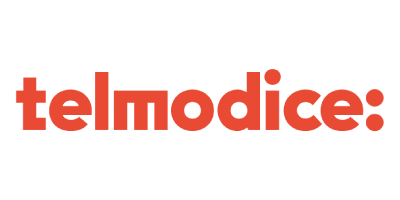
The story of Telmodice is the story of a group of passionate people, public school teachers, who have managed to turn a small event dedicated to graphic design and visual communication into the design festival of Malaga. A festival that, with each passing year, aspires to continue to surprise in order to remain one of the major references in the design sector on a national scale.
17:35 - 17:50 The longest way
Sponsored by:
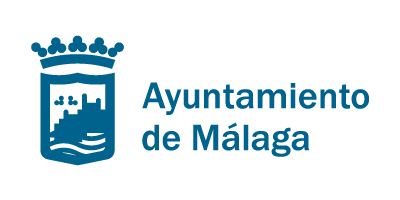
- Mateo García, CEO, Narita, Málaga
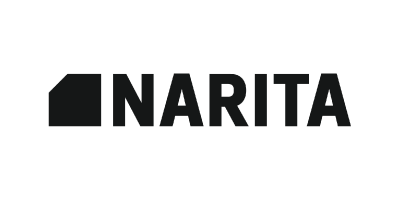
Under the premise of providing differentiating value to our clients, the shortest path is not always the best option. In Narita we build solid strategies and brands that allow them to achieve their business objectives and relevance in the medium and long term. And as a sample, we will see some of our most significant recent success stories about cultural and corporate institutions.
17:55 - 18:10 Fundación Unicaja and its corporate responsibility in the preservation of documentary heritage
- José Medina, Curator, Conservador, Museo Unicaja de Artes y Costumbres Populares, Málaga
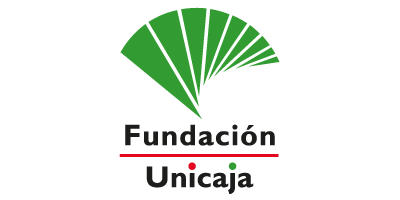
The digitisation and research of documents and scientific-technical archives of Fundación Unicaja's collections and the contextual efficiency of the historical legacy as a revision of the present.
-
ELEVATOR FORUM
Presentation of unique and cutting edge projects, success stories, ideas and initiatives to make the future of museums and cities more friendly, smarter and more sustainable.
-
10:00 - 11:25 Consejería de Cultura y Patrimonio Histórico de la Junta de Andalucía
Moderator: Luz Pérez Iriarte, Technical Advisor, Museum Service
Itálica in digital key- Fernando Panea, Director, Archeological Site, Itálica
Museo Arqueológico de Córdoba: digitalisation and planning
- Manuel Aguayo Marmolejo, Curator, Museo Arqueológico, Córdoba
- Mª Dolores Baena Alcántara, Director, Museo Arqueológico, Córdoba
Cástulo Archaeological Site: Cástulo in movement. Technologies for Knowledge Translation
- Francisco Aria de Haro, Technician, Cástulo Archaeological Site, Agencia Andaluza de Instituciones Culturales
Museo Casa de los Tiros, Granada: essays from modesty
- Emilio J. Escoriza, Director, Museo Casa de los Tiros, Granada
The Information System, Carmona Archaeological Site (SICAC)
- José Ildefonso Ruiz, Director, Carmona Archaeological Site
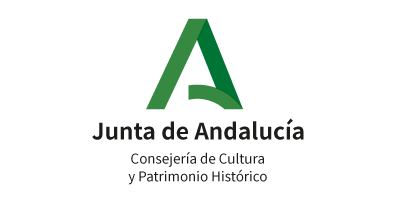
11:30 - 11:45 Inclusion and universal accessibility in Museo Julio Romero de Torres
- Enrique Ortega, Head, Museum Department, Cordoba City Hall
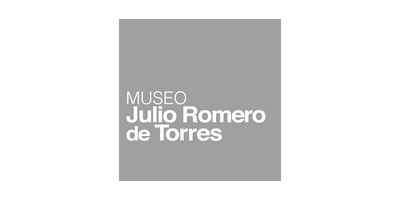
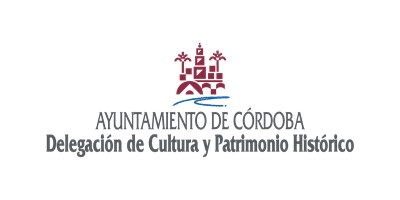
Cordoba City Council has made a firm commitment to inclusion. At the Julio Romero de Torres Museum we have taken on this objective as our own, incorporating and actively participating in the work of not only facilitating accessibility, but also seeking and promoting the universal inclusion of all groups. In coordination with various areas of our city council, we have developed museum resources for the inclusion of people with low vision or blindness and people with hearing loss or deaf people.
11:50 - 12:05 Playing at the Museum
- Javier Boned and Luis Machuca, Professors, ETS Arquitectura, Universidad de Málaga - UMA
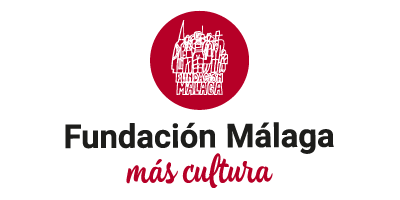
Museums are great cultural dynamisers of tourism and leisure in our cities and as such should not exclude any age range should not exclude any age range. In contemporary museums, there is an increasingly proactive approach to entertaining children in them. The present exercise, carried out by the E.T.S. de Architecture of the UMA and sponsored by the Fundación Málaga aims to go a little further, taking the architecture and the collections of each museum and the architecture and collections of each museum in Malaga to the youngest visitors, through play and the plastic and spatial imagination plastic and spatial imagination. In this way, children will begin to take an interest in the city, its history, art and the buildings that house it, and will begin to understand these museums as enriching spaces that encourage creativity and ingenuity that encourage human creativity and ingenuity through play.
12:10 - 12:25 Localised tourism: the future of smart destinations
- Ricardo Alonso Maturana, CEO Gnoss, Logroño
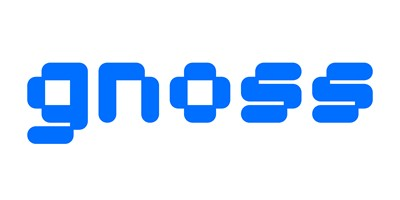
How ITDs need heritage, cultural diversity, technology and environmental intelligence on a knowledge graph to contextualise and accompany the traveller and visitor. The idea that links in a real, necessary and useful way museums, heritage, culture, i.e. memory, tradition and lifestyle with tourist destinations - places and territories - is that of Localised Tourism, which is opposed to Industrial Tourism. Localised Tourism relies on Smart Digital Technologies to contextualise the journey, accompany it and give it context.
12:30 - 12:45 Intangibles. A digital exhibition of the Telefónica Collection
- Sandra Gutiérrez, Exhibition Coordinator, Fundación Telefónica, Madrid
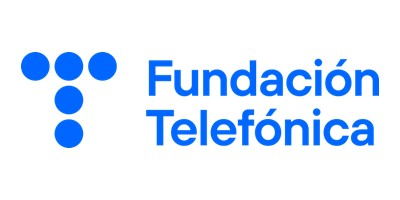
Intangibles, one of the most innovative and experimental projects in the Telefónica Collection, began as an exhibition which, instead of physical works, featured a series of digital experiences involving a selection of pieces from the collection. The aim of the project focused on the effect of the digital revolution on the way art is approached, on its physical and sensory limits, its almost ubiquitous possibilities for reproduction, and on the fragility of certain traditional criteria and values. Keeping this idea in mind, the goal of the project was also to enrich the traditional reading of the interaction between art and spectator, exploring the possibilities of technology in the way we look at, feel, interpret and learn from artistic works.
Without question, when technology is placed at the service of culture it can enhance the sensations created by art, arouse different emotions, challenge spectators and get them actively involved and, particularly, open up new channels of knowledge about the artists and their work, which was basically our goal.
“Intangibles’ was also innovative in terms of how it was conceived and developed. The Design Thinking methodology was applied with the assistance of Accenture. And in this way, a preliminary test laboratory was created in which a number of potential audiences and experts from the world of art and digital culture took part in interviews and workshops to test and track which technologies and trends were the most appropriate for each work, without neglecting the discussion and its characteristics.
Intangibles is still alive. More recently, the project has evolved with a further step forward, adapting it to the internet environment. We may now speak of “Intangibles. A virtual experience of the Telefónica Collection" which is attracting a tremendous response.
12:50 - 13:05 La Real Fábrica de Tapices. 300 years from tradition to innovation
- Verónica García Blanco, Head of the Tapestry Restoration Department. Real Fábrica de Tapices , Madrid
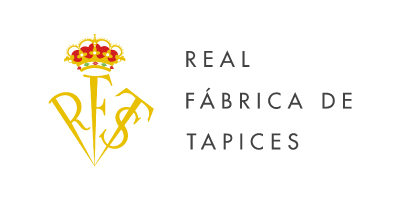
In the context of a new centenary of the Royal Tapestry Factory, founded in 1721 by King Philip V, several challenges and projects for the future arise for this institution. One of them is to make progress in achieving the highest technical and methodological level in the restoration profession, guaranteeing the quality of each of its processes and becoming a benchmark in this field. This challenge, is embedded in its founding aims; the conservation and maintenance of Spanish historical heritage collections. Within the founding aims of the Royal Factory, research is established as the basic process of knowledge through "the creation of laboratories to research new techniques for the restoration and analysis of fabrics". Another paramout issue is "keeping the textile activity of carpets and tapestries alive”. It has been quintissential for the Royal Tapestry Factory to combine traditional techniques with the creation and research into new forms and techniques of tapestry weaving and similar manufacturing within the framework of new aesthetic trends and of contemporary artists' cartoons". For this reason, one of the most relevant investments in recent years has been the modernisation and updating of this centuries-old tradition in accordance with the most recent scientific and methodological canons. Examples of this are: the start-up of the controlled immersion washing installation for large-format historic textiles, the adaptation of the dye room and an innovative comparative methodology to build a colour database in the CIE LAB system, the achievement of the ISO 9001 quality standard that orders and defines the execution processes of the tapestry restoration department and the continuous research with the support of its Master's thesis projects. All these characteristics, together with the unbeatable academic qualifications of our technical staff, place the Royal Tapestry Factory Foundation at the international forefront of companies specialising in tapestry conservation-restoration.
13:10 - 13:25 Acción Cultural Española. Selection of good practice projects during the pandemic
- Isabel Izquierdo, Programming Director, AC/E
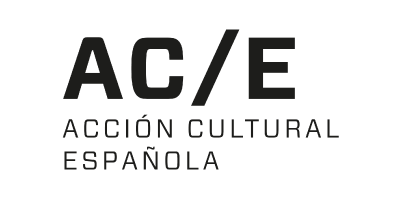
AC/E presents a selection of projects that it organised or collaborated on during the pandemic, the main focus of which was digital transformation through culture. The aim was to ensure that culture continued to be present in our lives, even during the toughest stages of confinement. An approach to ideas that were used during the constraints of confinement and the new situation of health prevention and that can become permanent tools for any cultural entity in the future.
13:30 - 13:45 #yocanto. The viralisation of a participatory music initiative
- Nuria Oller, Director, Department of Music and Digital Projects, Fundación “La Caixa", Barcelona
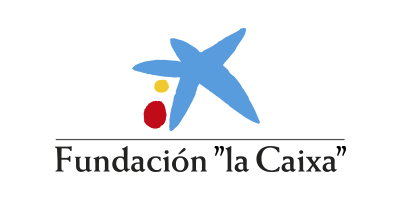
14:00 - 14:30 Closure CM Málaga